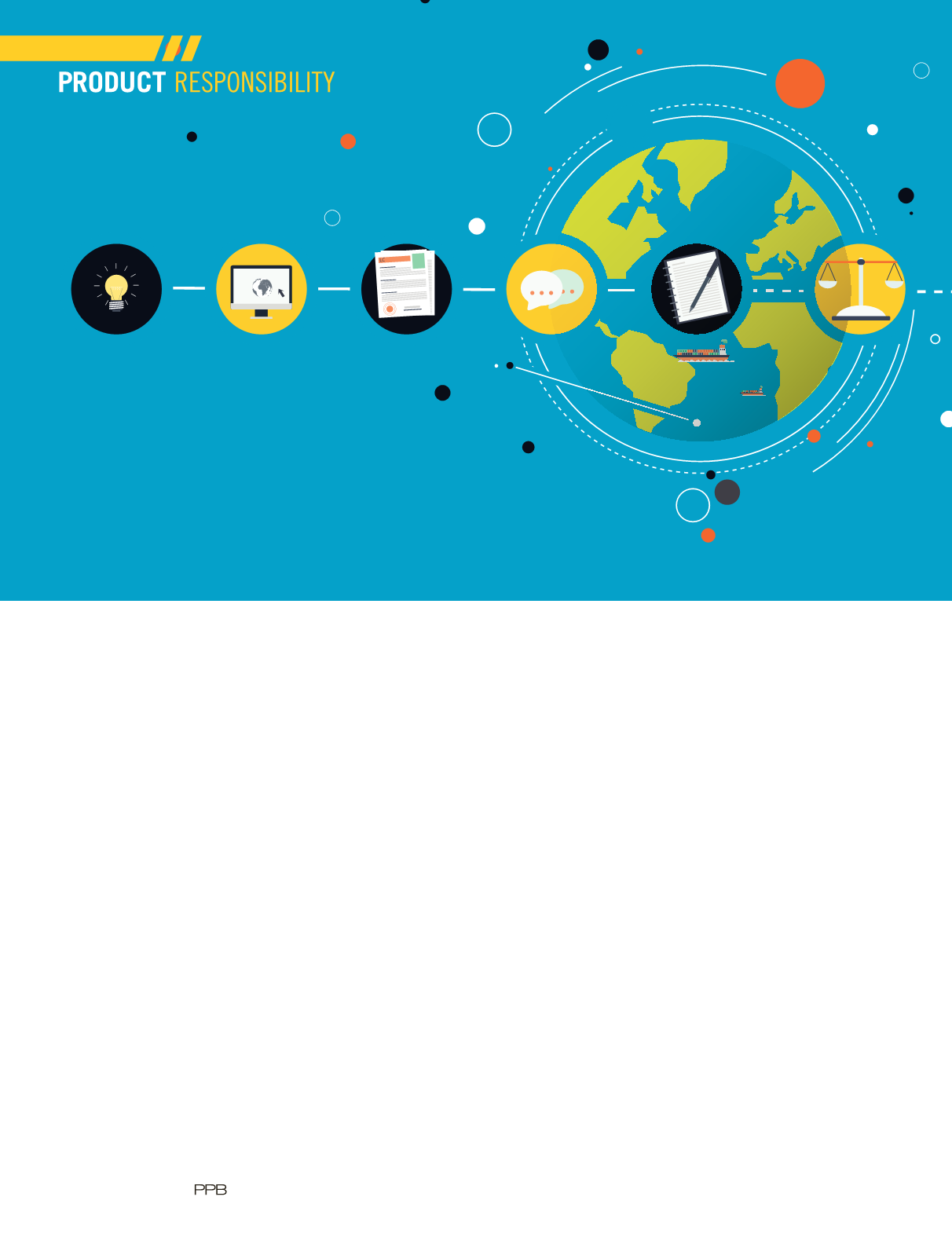

76
|
NOVEMBER 2016
|
THINK
T
he Miscellaneous Tariff
Bill (MTB) is legislation
providing benefits to importers
in the form of temporary duty
reductions on qualifying goods.
The MTB’s goal is to aid U.S.
manufacturers by reducing duties
on inputs (rawmaterials, parts,
etc.), thereby cutting domestic
production costs and increasing
the competitiveness of U.S.
manufacturers. However, MTB
duty benefits have also been
granted to imported finished
goods. For example, the most
recent MTB (which has since
expired) granted duty benefits to
certain shopping bags, basketballs
and sports footwear.
From 1982 to 2010, Congress
passed successive three-
year MTBs providing duty
benefits for over 1,000 different
products. The last MTB expired
December 31, 2012. Due to
concerns in the Senate that
the MTB duty reductions were
prohibited “earmarks,” the
legislation was not renewed
until May 20, 2016 when the
president signed the American
Manufacturing Competitiveness
Act of 2016, which created
a new MTB process.
Just like the old MTB process,
under the new MTB process duty
reductions are intended to:
• Be limited to non-controversial
goods (
i.e.,
goods with
insufficient or no domestic
availability and no opposition
from domestic producers), and
• Result in estimated duty relief
with an annual impact of less
than $500,000 in duties
per
MTB line item
. In other words,
the total duty reduction for
all goods anticipated to be
entered by all importers under
a particular MTB line item
must be estimated at less than
$500,000 annually.
The newMTB process differs
from that previously used because
petitions will now be filed
electronically directly with the
International Trade Commission
(ITC) and will not require
sponsorship by a member of
Congress. The ITC has dedicated
a web page to the MTB process,
which can be accessed at
www.usitc.gov/mtbinfo.htm
Why Does The New MTB
Process Matter?
As a result of the new legislation,
the ITC has begun the process
enabling the agency to gather
petitions for proposedMTB benefits
fromnumerous entities, analyze
and vet the petitions, and put
together a newMTB for submission
to Congress. Under the newMTB
process the window for submitting
petitions to the ITC, which began
October 14, 2016, will close
December 13, 2016. Thereafter,
Duty
Reductions
New Miscellaneous
Tariff Bill process
provides duty
savings opportunities
for importers.
by
Robert Stang
Committee
members will not
be able to add any
products to the
list of proposed
MTB goods
(a significant
departure from
the past process),
but may exclude
a product
for virtually
any reason.
















